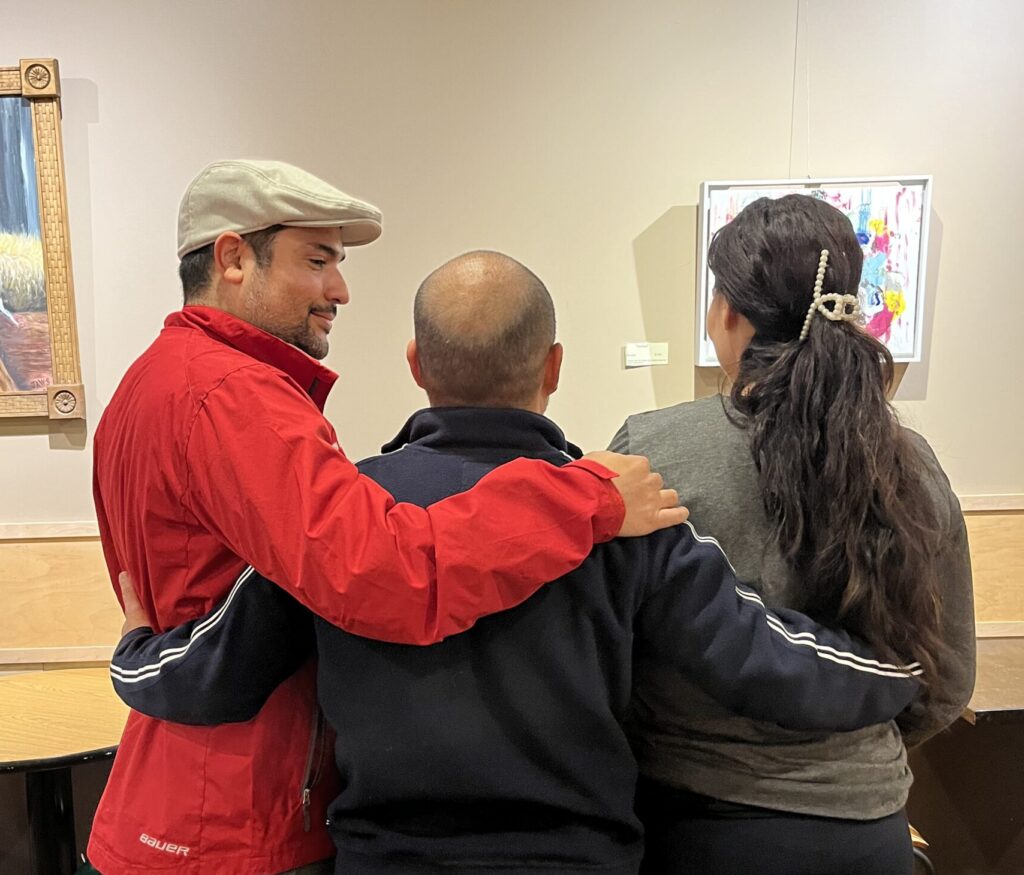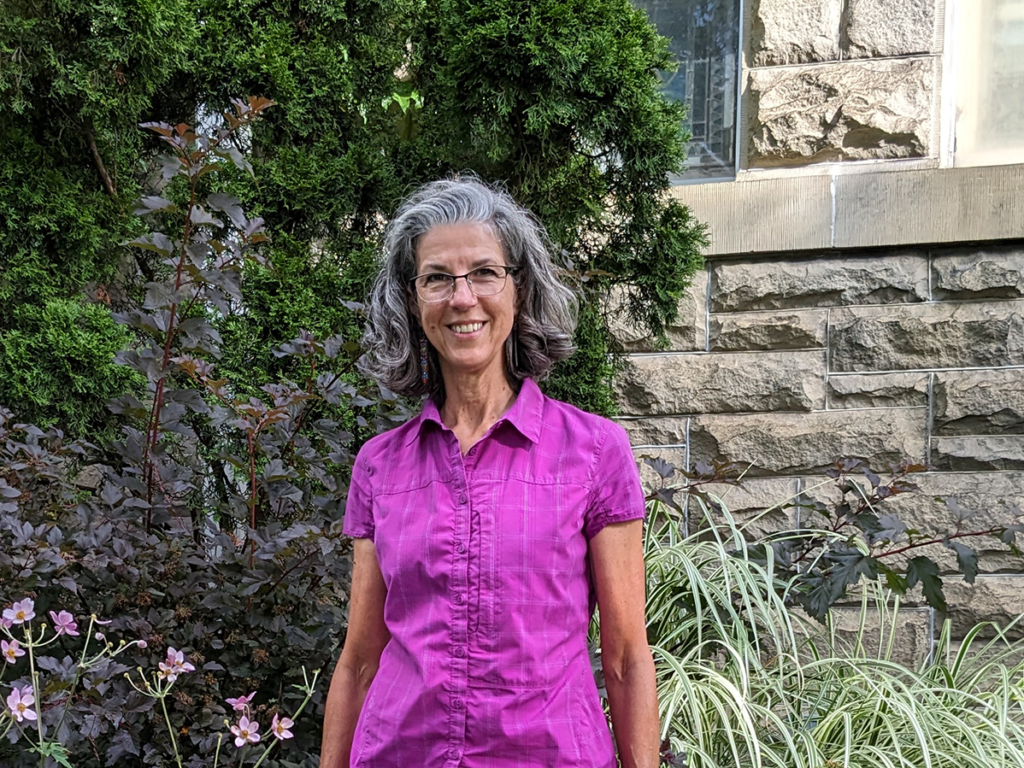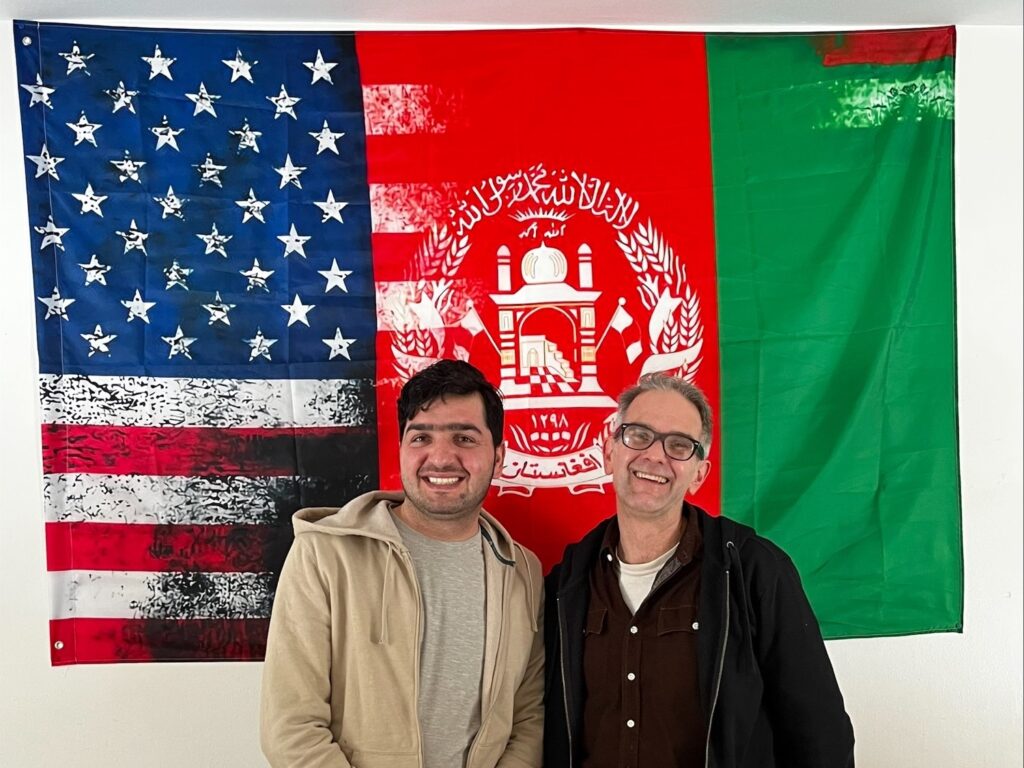Reunited with Relatives in Ithaca, a Nicaraguan Family Finds a Generous Community
I meet Lilli and Michael in mid-November, almost four months to the day after their arrival from Nicaragua. As they share their story with me, their three children, ages 9, 10, and 14, are never far from the plotline. “They love the weather,” Michael says, as I stifle laughter. I make a poor attempt at a joke about Ithaca’s winters in Spanish, and Michael smiles and shares that his family wants to be part of this community. His response is genuine and gentle, traits both he and his wife reflect throughout our conversation.
Caring for a family of preteens is not easy for most families; acclimating to a new country and language at the same time makes Lilli and Michael’s current situation even more daunting. But while we speak, their focus remains on the positives of their experience. They speak with excitement and humble pride about their youngest children, who are quickly learning English at school. Although they share that their older child has had more difficulty due to the rigors of academics, they are quick to give him credit for his success in math. Lilli also shares that he is ready to mow lawns this summer, a departure from the previous summer in Ithaca, which he spent at camp. Ithaca Welcomes Refugees helped make up for the gap between a scholarship the children received and the remainder of the tuition so that their parents could identify work opportunities and pursue English instruction while they settled in Ithaca.
Lilli and Michael’s original connection to Ithaca stems from Michael’s cousin, Alejandro. Alejandro and his family came to Ithaca in 2016; five years later, they were able to sponsor Michael’s family. Having navigated many of the new circumstances of the United States personally, Alejandro has been able to orient Lilli and Michael to their new community and also reached out to IWR to request additional assistance. IWR partnered with a local landlord to secure housing at a discounted rate near Alejandro, so the two families’ children can attend the same school.

After a few months’ wait, Lilli and Michael now both have work authorization and are actively seeking employment within their fields, as an agronomist or in the water sector, and in childcare, respectively. IWR volunteers have assisted with their resumes, while they diligently attend English classes with Open Doors English four times a week. The family recently obtained a used car, which has helped tremendously for the practical difficulties of getting to and from the laundromat and grocery store.
In our conversation, Lilli and Michael reflected on how the community has welcomed their family. IWR and the Ithaca College VITA Tax Clinic hosted their family for a tax information session in November and the family received winter coats and accessories during IWR’s winter clothing drive.
Even some dental trouble had a silver lining. Their oldest child had braces put on only a few months before leaving Nicaragua and began experiencing mouth pain soon after their arrival in Ithaca. A local orthodontist agreed to see him and, much to Lilli and Michael’s surprise, the doctor offered to complete the child’s entire treatment, free of charge.
On the horizon for our new neighbors is their continued pursuit of work within their fields while supporting their children as they complete their first full year of school in Ithaca. Michael shares that he feels very aware of the community’s willingness to help and is grateful for the network his family has grown in such a short amount of time.
“We have felt welcomed since our arrival,” Lilli says, “And the generosity of this community has exceeded all our expectations.”

